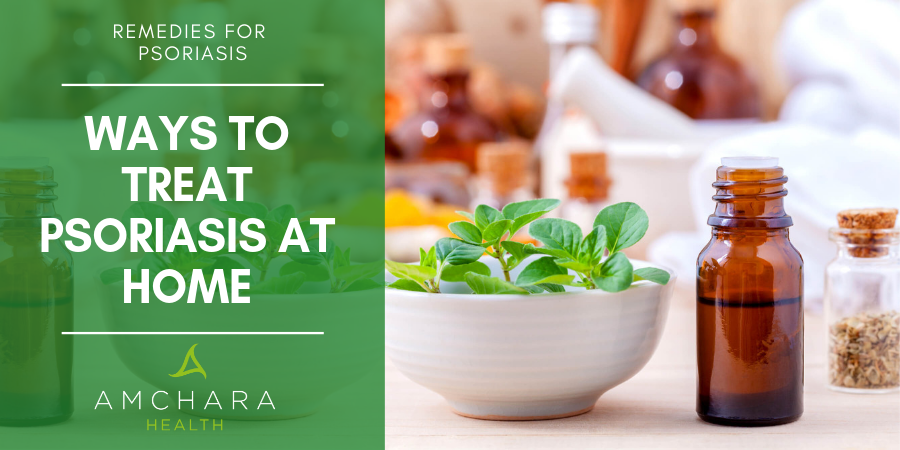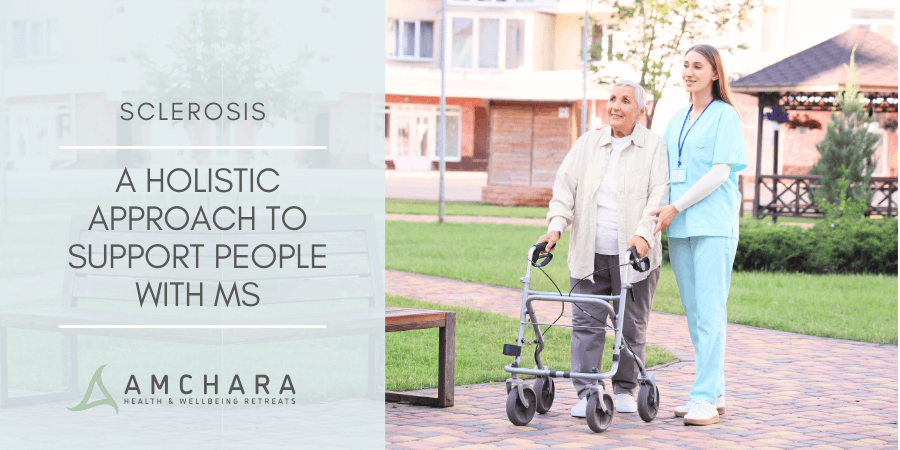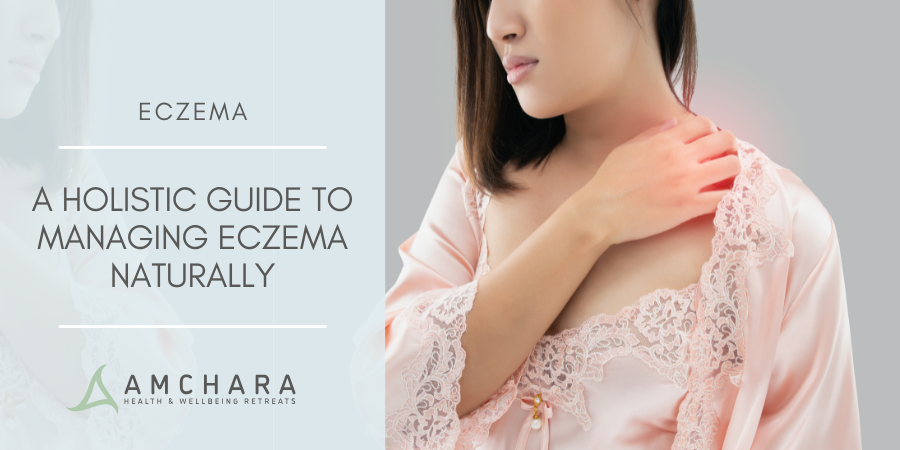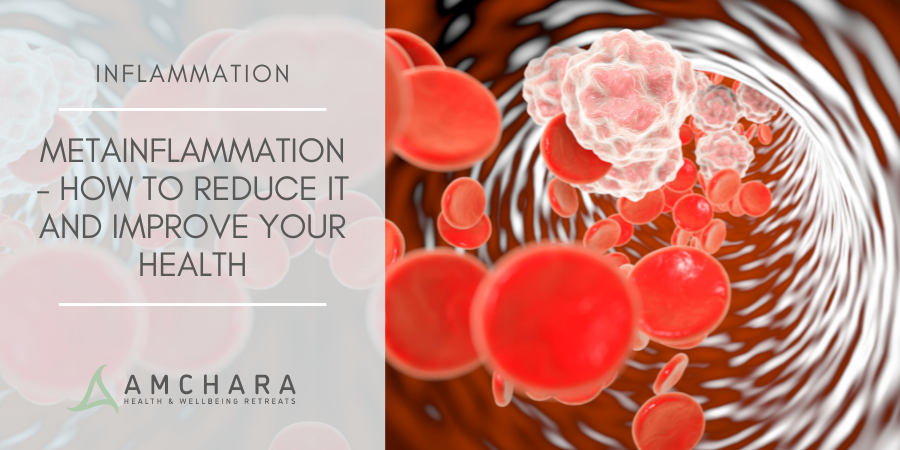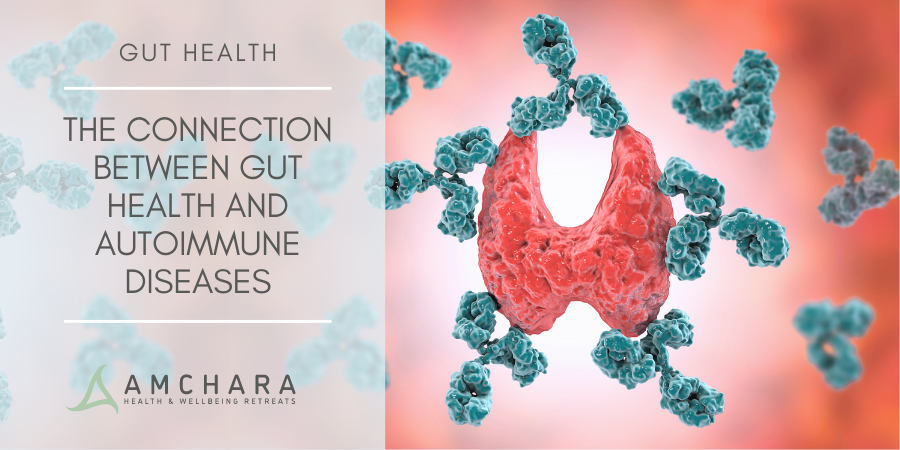Many people are familiar with the raised, scaly red patches associated with psoriasis.
It’s widespread, affecting around 2% of Europeans.
Psoriasis usually affects the elbows, knees, knuckles or scalp, although it can appear anywhere.
It’s often, but not always, itchy.
What is Psoriasis?
Psoriasis is an auto-immune disease, which is when the body mistakenly attacks its own cells.
In affected people, white blood cells called T cells from the immune system become overactive.
T cells have the job of protecting us from infection and disease.
What causes them to become hyperactive is not clear, but it may in some cases be a reaction to a bacterial infection.
In any event, when these cells become over-active, they can, in turn, stimulate other parts of the immune system and cause skin cells to grow too quickly and to become swollen and inflamed.
Healthy skin cells turn over on average once a month.
In the case of psoriasis, skin cells turn over as quickly as every 4-5 days. In fact, they are produced so quickly they pile up on top of one another.
Conventional psoriasis treatment usually consists of steroid creams to suppress the overactive immune response.
Another treatment option is light therapy, often called phototherapy.
However, neither of these treatments address the reason why the immune system is overreacting.
Of course, once treatments are discontinued, as noted by the bloggers at naughty nutrition symptoms will reoccur as the underlying cause hasn’t been addressed.
Symptoms of Psoriasis
- Plaques of red skin, which are often covered with a silvery-white crust of dead skin cells, or scales.
- Itchy, painful patches of skin which is cracked and discoloured and which bleeds easily.
- Dandruff-like patches on the scalp. This affects around half of the sufferers.
- Discolouration of the nails.
- Not surprisingly, many psoriasis sufferers also suffer from depression, anxiety and embarrassment because of their condition.
Causes of Psoriasis
Although it’s clear psoriasis involves an imbalance in the immune system, what this is due to will vary from person to person.
As with all auto-immune disease, finding the underlying cause is difficult because there will be many factors combined.
In many cases, there will be some sort of digestive issues such as leaky gut or problems digesting protein, stress, hormone imbalances and compromised liver function.
Often, sufferers find their psoriasis flares up from time to time, being triggered by stress, injury to the skin or medications.
It is becoming clear psoriasis has a genetic aspect. Over 20 genetic variants have been identified which cause a person to be more likely to develop the condition.
Recently, a gene mutation called CARD14 has been identified. When this gene is triggered, it causes psoriasis to develop (1).
Types of Psoriasis
- Plaque Psoriasis
This is the most common form of psoriasis and is characterised by the raised, red patches covered with silvery white dead skin cells.
- Guttate Psoriasis
This type of psoriasis causes small, circular lesions. It often begins at a young age, and it the second most common form of psoriasis, affecting around 10% sufferers.
- Inverse Psoriasis
This presents with smooth red lesions, often behind the knees or under the arms. It often occurs together with one of the other forms of psoriasis.
- Pustular Psoriasis
This type of psoriasis causes white blisters which contain pus. However, it’s not caused by infection and is not contagious. It often appears on the hands or feet.
- Erythrodermic Psoriasis
This is a serious form of psoriasis, characterised by redness, severe pain and itching over much of the body. Fortunately, it’s relatively rare, only affecting 3% of psoriasis sufferers.
Psoriatic Arthritis
Around one-third of people with psoriasis will also develop psoriatic arthritis at some point.
Symptoms include pain, joint swelling and stiffness.
It’s most common in people aged 30 – 50, and it can come on suddenly or develop slowly.
Most people suffer from psoriasis before they develop psoriatic arthritis. It’s often accompanied by tiredness, swollen fingers and toes and reduced range of motion.
Symptoms are often worse in the mornings.
Natural Remedies to Alleviate Psoriasis
The following is a round-up of remedies reported to be useful in easing the symptoms of psoriasis.
Remember your skin can be very sensitive and what suits one person may not suit another, so be sure to discontinue any remedy if you feel it’s making your symptoms worse.
Remedies for Topical Application
- Aloe Vera
Aloe gel can be applied to the skin up to three times daily.
One study found the topical application of a cream containing 0.5% Aloe Vera extract helped alleviate the redness and scaling of psoriasis in over 80% of patients (2).
- Apple Cider Vinegar
Apple cider vinegar has been used for thousands of years as a natural disinfectant.
Some people find it particularly useful for psoriasis of the scalp, according to the National Psoriasis Foundation (3).
If your scalp is very sensitive, or you have broken skin, you may find apple cider vinegar can burn. If this is the case, try diluting it with the same amount of water.
Once the solution has dried, rinse off the vinegar.
- Capsaicin
Capsaicin is found in chilli peppers and is the substance which gives them heat.
Capsaicin is believed to reduce inflammation as well as inhibit nerve endings and so reduce pain sensations, and therefore may be helpful in psoriasis.
One study noted psoriasis is often connected with changes in the blood supply to the skin and it’s suggested capsaicin may be useful is it is known to inhibit vasodilation.
The researchers used a topical capsaicin cream for six weeks in forty-four patients.
Significantly greater reductions in skin scaling and redness resulted from the capsaicin cream.
Some participants noted a burning, stinging or itching sensations, along with reddening of the skin when the cream was applied, but this reduced or disappeared with the continued application (4).
- Coconut Oil
Coconut oil, apart from being antibacterial, is also anti-inflammatory and so helps to reduce redness and swelling.
It can also help to hold moisture in your skin.
There’s not a great deal of research specifically into coconut oil and its effects on psoriasis, but anecdotal reports suggest it may be helpful.
Coconut oil can be especially useful for psoriasis of the scalp.
Massage some coconut oil into your scalp, cover with a towel and leave for between half an hour to an hour, then shampoo your hair with a chemical-free shampoo.
- Tea Tree Oil
Tea tree oil possesses antiseptic activity and has been studied for its beneficial effects on psoriasis.
A component of tea tree oil has been found in research to be anti-inflammatory (5).
Add a couple of drops of tea tree oil to a chemical-free shampoo if you suffer from scalp psoriasis.
- Mahonia (Oregon Grape)
Mahonia is an evergreen plant which possesses antimicrobial and anti-inflammatory properties.
A review of research (6) found a cream containing mahonia was effective in treating psoriasis.
Bath Soaks to Alleviate Psoriasis
- Dead Sea Salts
Run a warm bath, add some Dead Sea salts or Epsom salts and soak for at least 15 minutes.
This may help reduce itching and remove skin scales. Apply a non-chemical moisturiser to your skin when you come out of the water.
- Oats
Oats are naturally soothing. Many sufferers find bathing in oats is great for relieving the itching and redness associated with psoriasis.
Grind some finely ground oats in a food processor and add to a warm bath.
Add a few drops of lavender essential oil for an extra soothing effect. Lavender oil possesses calming, soothing and anti-inflammatory properties.
Supplements
- Turmeric
Turmeric is well-known for its anti-inflammatory and antioxidant properties.
The active ingredient in turmeric is known as curcumin.
One study (7) found taking a supplement of curcumin reduced psoriasis-related inflammation markers in mice by 50% and reduced of the number of T Cells by a half.
- Probiotics
Proper functioning of our immune system depends on the correct balance of bacteria in our digestive system.
Probiotics supply friendly bacteria. The research found supplementation of a probiotic in psoriasis sufferers resulted in lower levels of inflammatory markers.
To naturally boost the levels of healthy bacteria in your food, include foods high in natural probiotics such as kefir, live yogurt and cultured vegetables such as sauerkraut and kimchi.
- Omega 3 Fatty Acids
Wild-caught oily fish such as salmon contain fatty acids belonging to the omega 3 family which can help tame inflammation.
One study (8) found supplementation with omega 3 fatty acids alongside a topical treatment reduced psoriasis symptoms.
Omega 3 oils are found in wild-caught salmon, mackerel, trout and sardines.
If you’re concerned about pollutants in fish, take a supplement containing 1 – 2g fish oil.
- Vitamin D
Vitamin D is known to be essential for skin health and has been used with success in treating psoriasis.
Vitamin D is made in the skin when it’s exposed to sunlight. Vitamin D also plays a role in the normal functioning of the immune system.
Foods containing Vitamin D include egg yolks, oily fish such as tuna, mackerel and salmon, but it’s not widespread in food, so exposure to sunlight is our major source of Vitamin D.
If you aren’t getting plenty of sunlight, or you are one of the 20% of the UK population with low levels of Vitamin D, a supplement of Vitamin D is recommended.
Take between 400 and 1,000IU per day. A blood test can determine your levels of Vitamin D.
- Zinc
Zinc plays an important role in skin health and has been found in research to reduce pain and joint swelling in cases of psoriatic arthritis.
Foods high in zinc include pumpkin seeds, shellfish and legumes such as lentils and chickpeas.
Or take a good supplement containing at least 15mg zinc.
- Vitamin A
This nutrient is needed for skin healing.
Vitamin A is naturally high in any food which is orange or yellow, like carrots, sweet potatoes, squash, mango and sweet peppers, as well as dark leafy green vegetables such as kale.
Other Measures to Combat Psoriasis
- Prevent Dry Skin
- Balance your Hormones
- Sunshine Therapy
- Reduce Stress
- Avoid Alcohol
- Eat an Anti-Inflammatory Diet
- Increase Stomach Acid
- Prevent Dry Skin
Cold and dry weather can often spark off a psoriasis attack. You may find it helpful to use a humidifier to keep the air around you from becoming too dry.
Always moisturise your skin with a chemical-free moisturiser.
- Balance your Hormones
Many women notice their psoriasis abates during pregnancy when oestrogen levels are higher, and they become worse during menopause when oestrogen levels fall.
It’s thought this is connected with the effect of oestrogen on the immune system.
- Sunshine Therapy
Many doctors recommend ultraviolet light therapy to slow the growth of skin cells. It’s the UVB rays that appear to be beneficial.
The National Psoriasis Foundation recommends spending 5-10 minutes in the sun per day.
Brief, multiple exposures to sunlight is best and gradually increase the exposure time by 30 seconds per day so long as your skin tolerates it.
Always wear sunscreen on parts of the skin not affected by psoriasis. Don’t use sunbeds, as these emit UVA, not UVB rays.
- Reduce Stress
Stress can worsen the symptoms of psoriasis, while the condition itself can be a source of stress.
While it’s not always possible to reduce stress in your life, you can manage your reaction to stress with deep breathing, yoga and meditation.
Yoga is particularly helpful if you also suffer from psoriatic arthritis, as it can help reduce joint pain and increase range of motion.
- Avoid alcohol
Alcohol may trigger psoriasis in some people.
Research has found incidence of psoriasis in women was correlated with the amount of alcohol consumed (9).
- Eat an Anti-Inflammatory Diet
Reducing red meat, dairy products, gluten grains, processed foods, fried foods, caffeine and sugar can help reduce inflammation in the body. Including unsalted seeds and nuts and plenty of fresh green leafy vegetables in your diet can also help.
Research has found people who suffer from psoriasis are more likely to have increased permeability in their small intestine – in other words, leaky gut.
The health of the skin and the digestive system are closely linked, and problems with the digestion very often show up on the skin.
A diet aimed at improving intestinal health may, therefore, be of benefit.
Eat plenty of foods high in natural fibre such as fresh vegetables, beans and seeds, especially flax and chia seeds which contain a type of jelly-like fibre which is great at preventing constipation.
Some people notice particular foods trigger their psoriasis. If you suspect this applies to you, keep a food diary.
- Increase Stomach Acid
Often, our stomach doesn’t produce enough acid, or it will produce it at the wrong time – usually after the food has left the stomach.
All this means our protein digestion is impaired. Low stomach acid levels can be connected with psoriasis.
To improve your levels of stomach acid, make sure to relax while eating, chew your food thoroughly and include fermented foods in your diet.
You may also find it helpful to have a dessertspoon of diluted apple cider vinegar just before a meal. Some sufferers take a supplement of betaine hydrochloride with food.
Takeaway
If you’re battling with psoriasis, remember the skin is a reflection of what is happening inside your body.
Any skin condition is a sign something’s not right within your body.
Amchara Practitioners offer a personalised health consultation looking in depth at your body’s digestion and detoxification processes as well as your diet and lifestyle, in order to optimise your health both inside and out.By Cathy Robinson BScDipNutMed
READ THIS NEXT:
